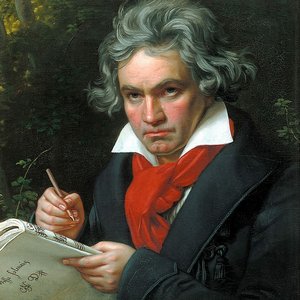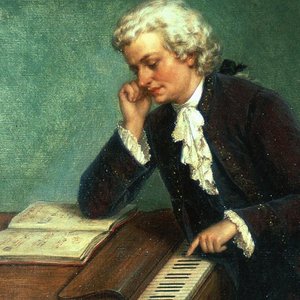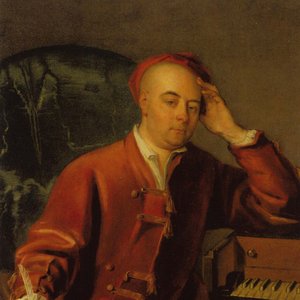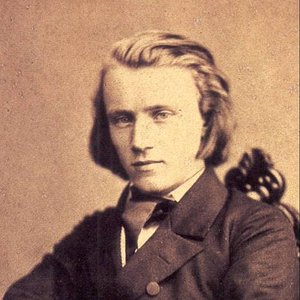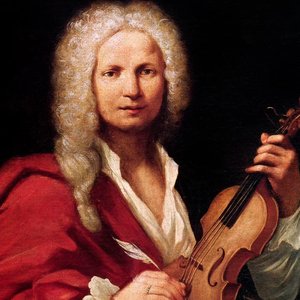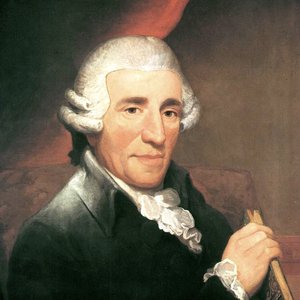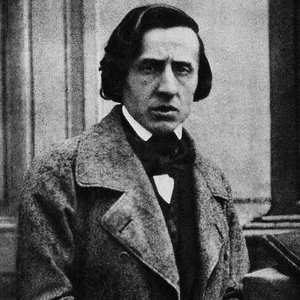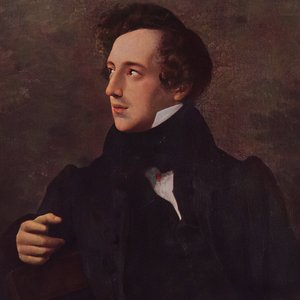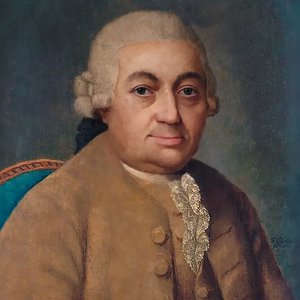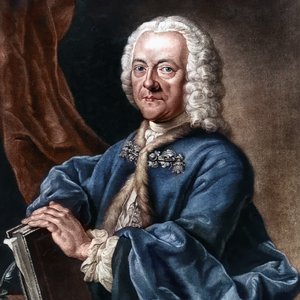Biography
-
Born
21 March 1685
-
Born In
Eisenach, Thüringen, Germany
-
Died
28 July 1750 (aged 65)
Johann Sebastian Bach (31 March 1685 – 28 July 1750) was a German composer and musician of the late Baroque period. He composed a wide range of music across various instruments and forms, including orchestral works such as the Brandenburg Concertos; solo instrumental pieces like the cello suites and the sonatas and partitas for solo violin; keyboard compositions including the Goldberg Variations and The Well-Tempered Clavier; organ works such as the Schübler Chorales and the Toccata and Fugue in D minor; and choral music including the St Matthew Passion and the Mass in B minor. Since the 19th century, Bach has been recognised as an influential figure in Western classical music.
Bach was born into a family with several musicians. After becoming an orphan at the age of 10, he lived with his eldest brother Johann Christoph and continued his musical studies in Lüneburg. He returned to Thuringia in 1703, working in various positions for Protestant churches in Arnstadt and Mühlhausen, and later at courts in Weimar and Köthen. In 1723, he was appointed cantor at St Thomas Church in Leipzig, where he composed for local churches and the university's student ensemble Collegium Musicum. He began publishing keyboard and organ music in 1726. During his career, Bach experienced some difficulties in his professional relationships. In 1736, Augustus III of Poland granted him the title of court composer. In his later years, Bach revised and expanded many earlier works. He died in 1750 following complications from eye surgery. Bach had 20 children with two wives, Maria Barbara and Anna Magdalena, with 10 surviving into adulthood. Four of his sons became composers.
Bach's work incorporates German musical traditions and techniques such as counterpoint, harmonic and motivic organisation, and includes influences from Italian and French music. His output comprises hundreds of cantatas, both sacred and secular, as well as Latin church music, Passions, oratorios, and motets. He frequently used Lutheran hymns in his vocal music, including four-part chorales and sacred songs. His compositions cover organ and other keyboard instruments, concertos for violin and harpsichord, and chamber and orchestral suites. His music often employs contrapuntal methods such as canon and fugue.
During the 18th century, Bach was mainly known as an organist, and his keyboard works, such as The Well-Tempered Clavier, were valued for their educational aspects. The 19th century brought renewed interest in his music, with biographies published and his complete works printed. Scholarship on Bach has continued through dedicated periodicals, catalogues such as the Bach-Werke-Verzeichnis, and critical editions. His music has been popularised through arrangements like "Air on the G String" and "Jesu, Joy of Man's Desiring," as well as recordings, including complete collections released for the 250th anniversary of his death.
Artist descriptions on Last.fm are editable by everyone. Feel free to contribute!
All user-contributed text on this page is available under the Creative Commons Attribution-ShareAlike License; additional terms may apply.
